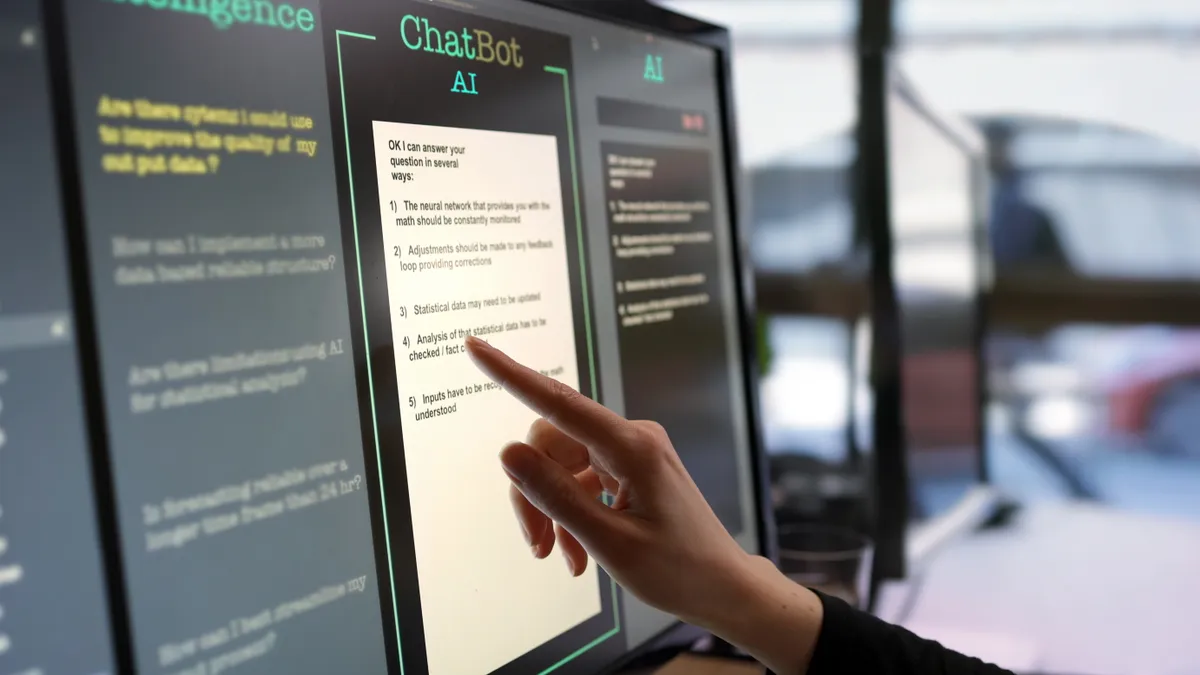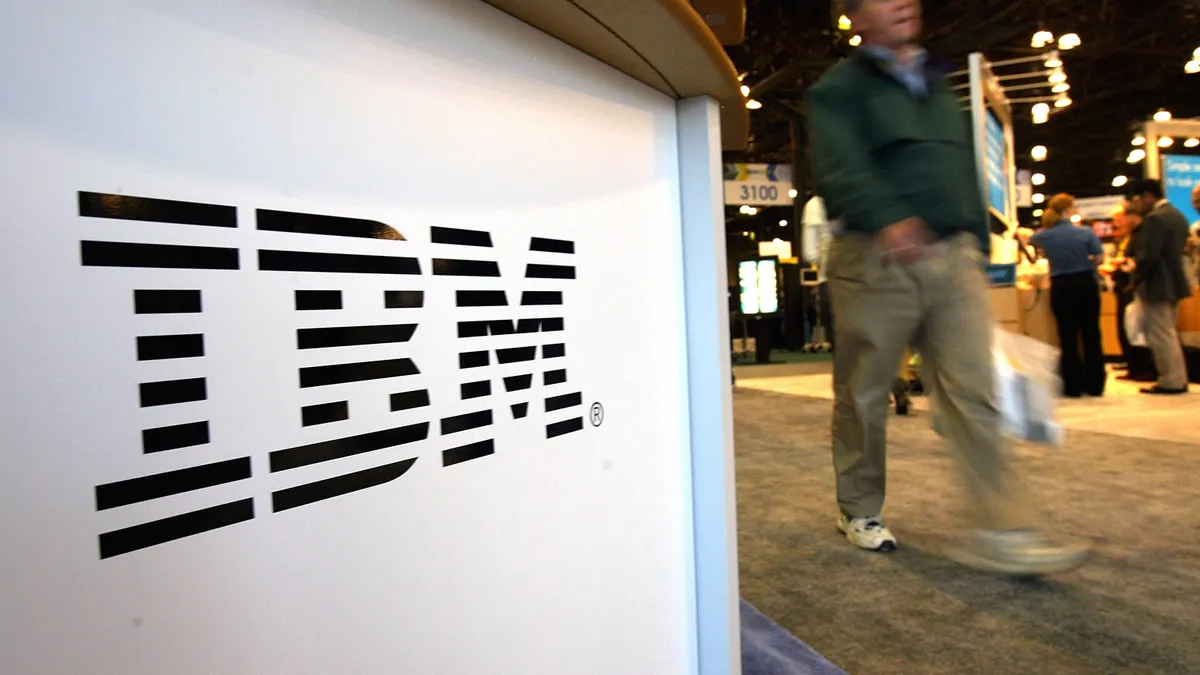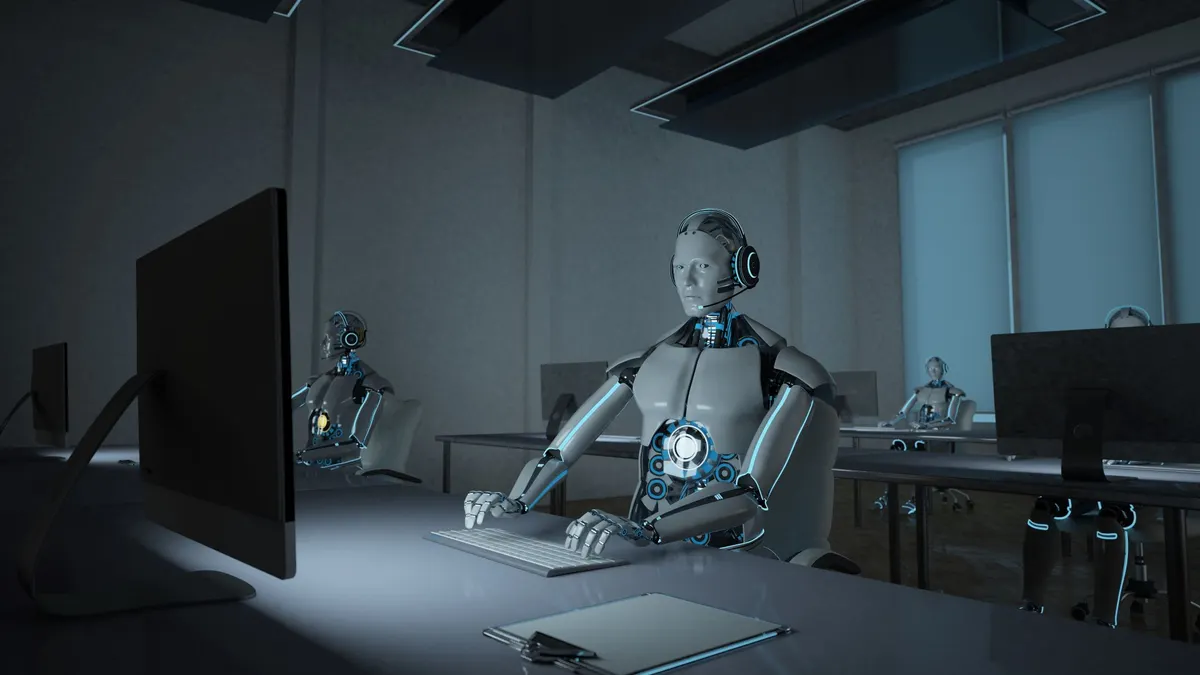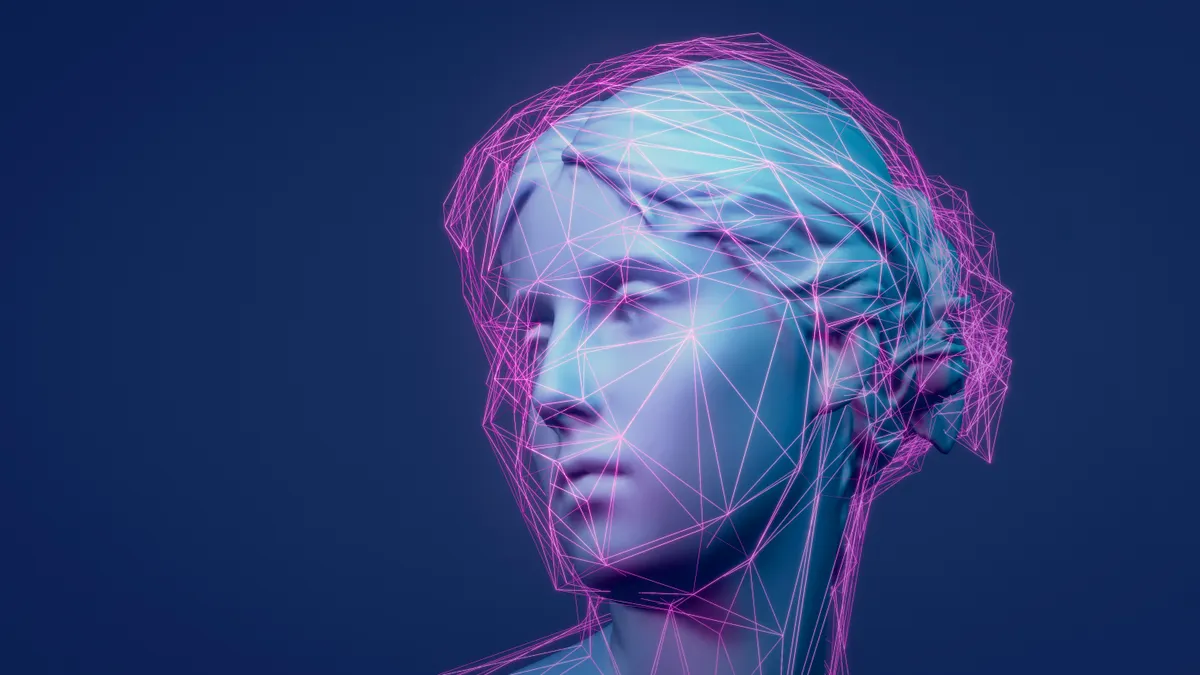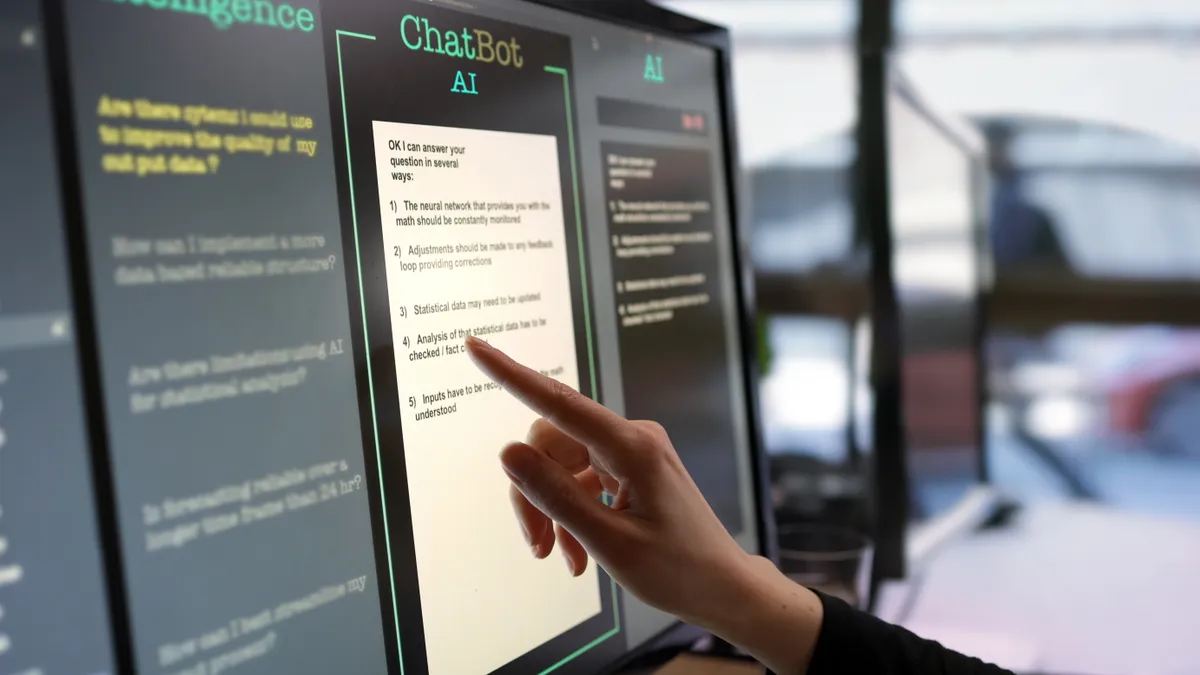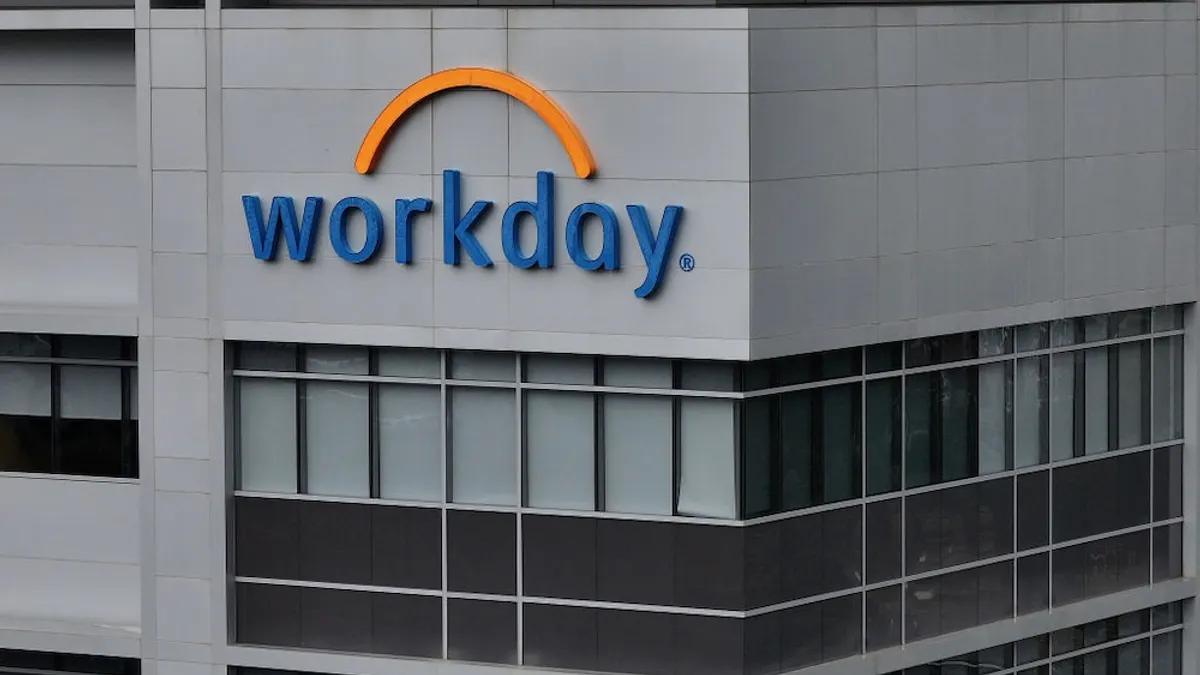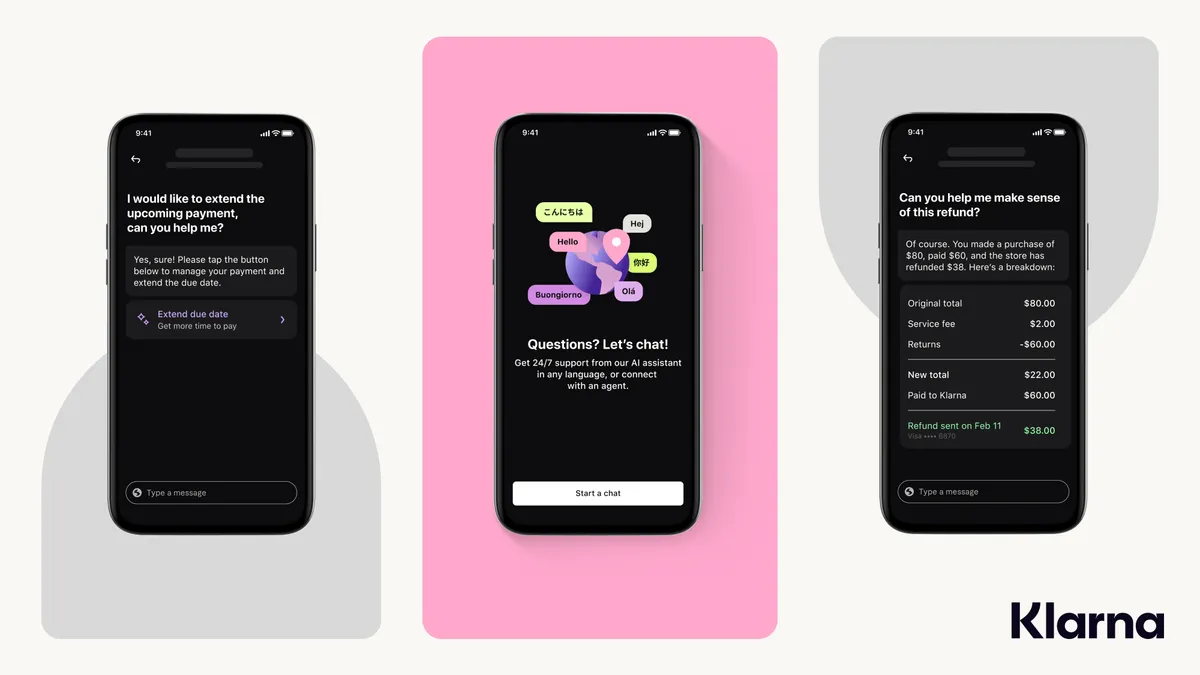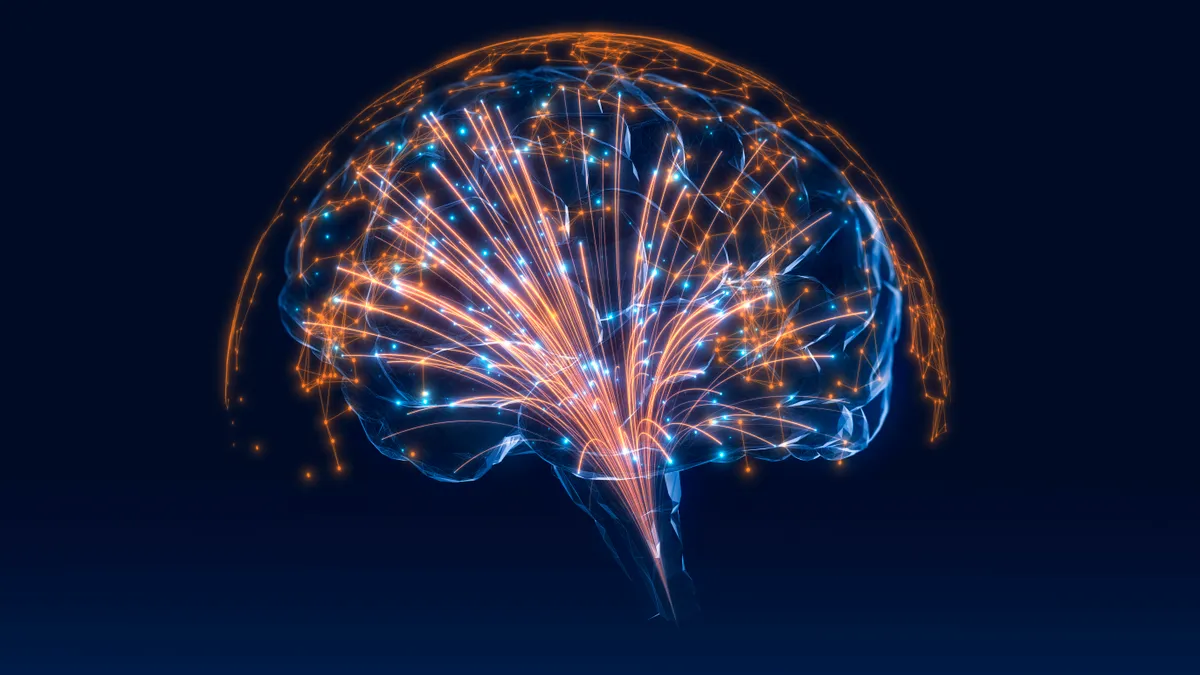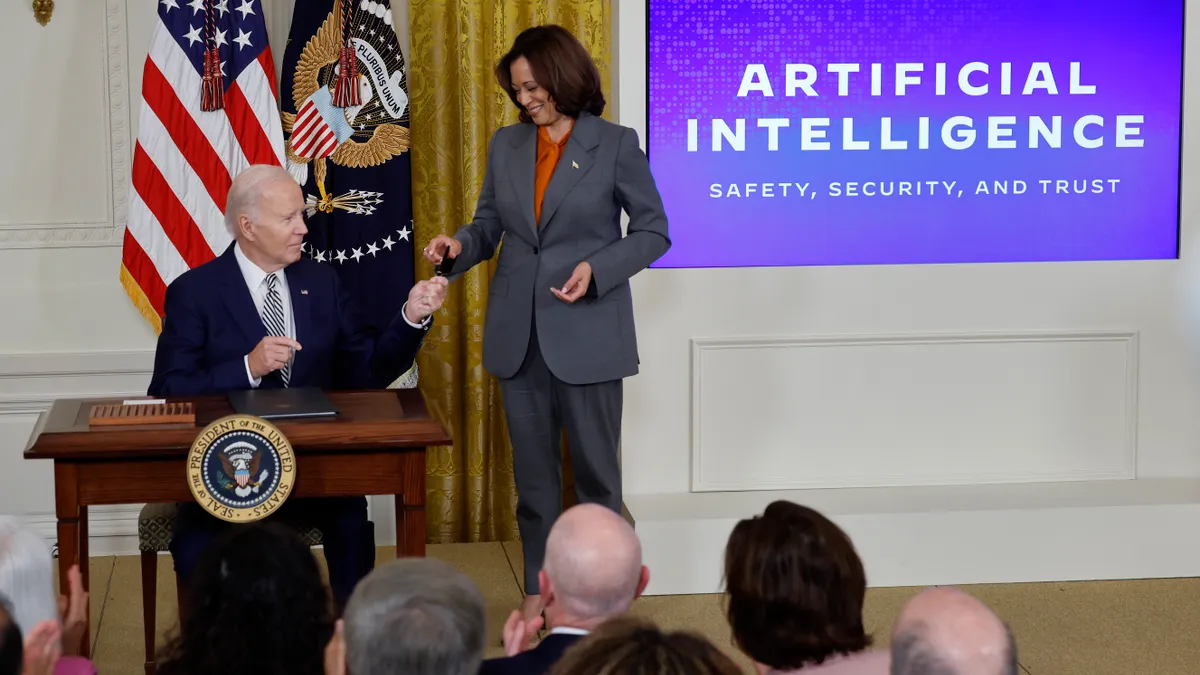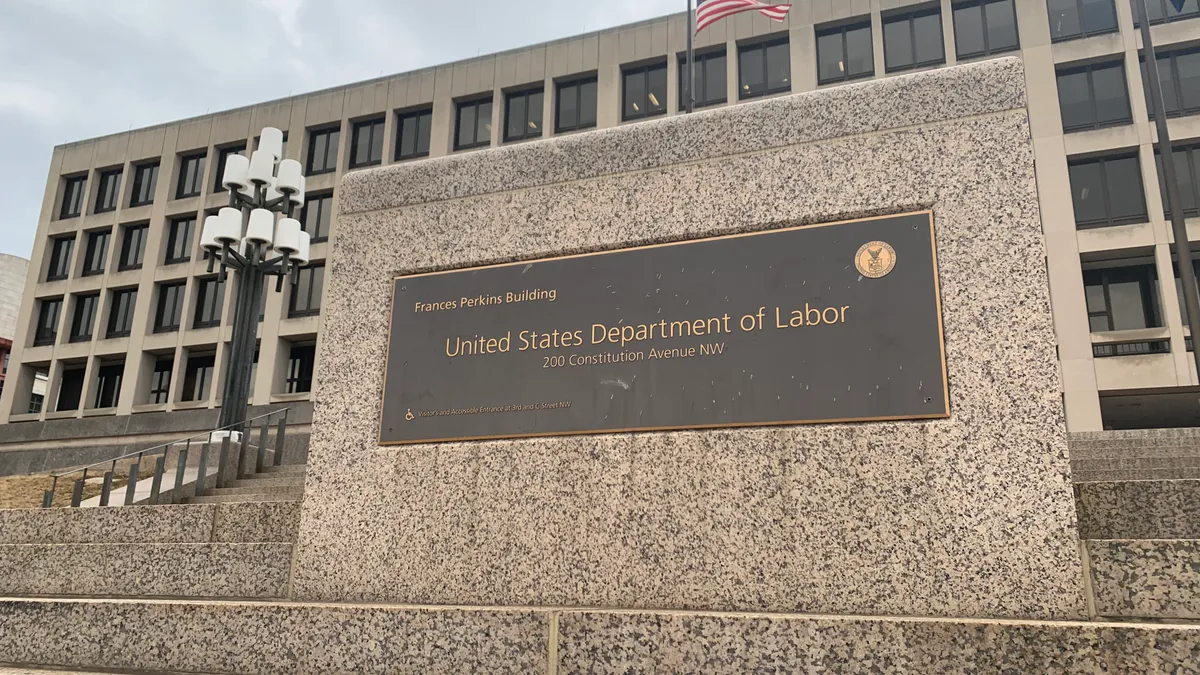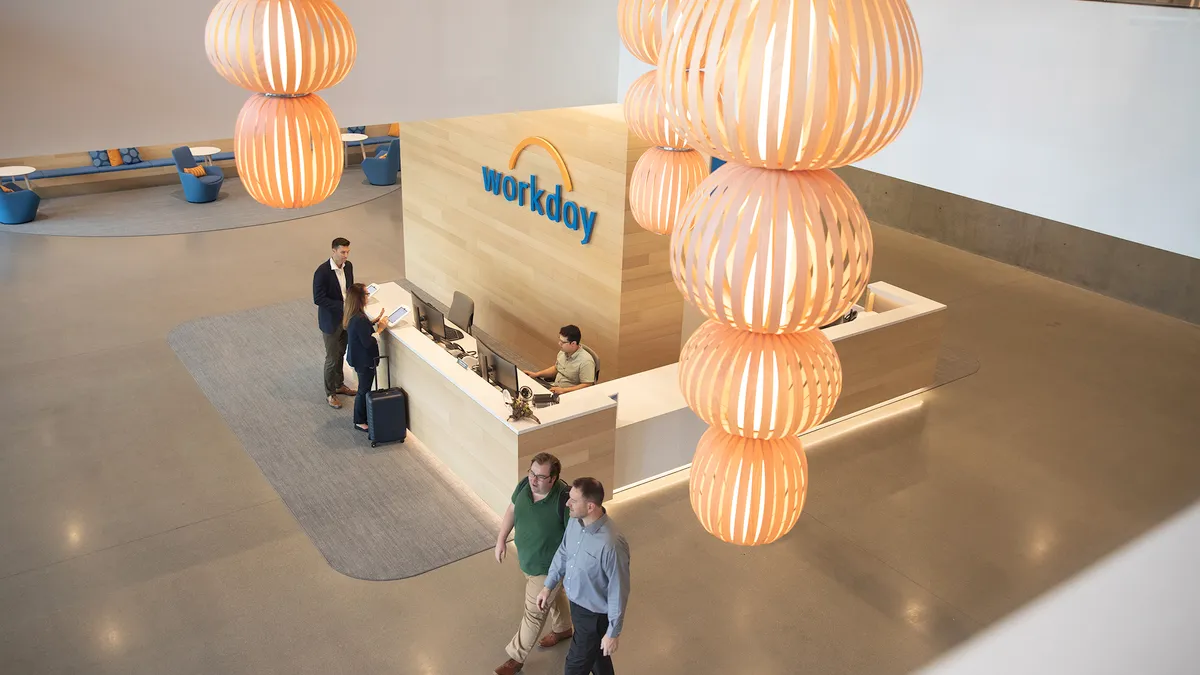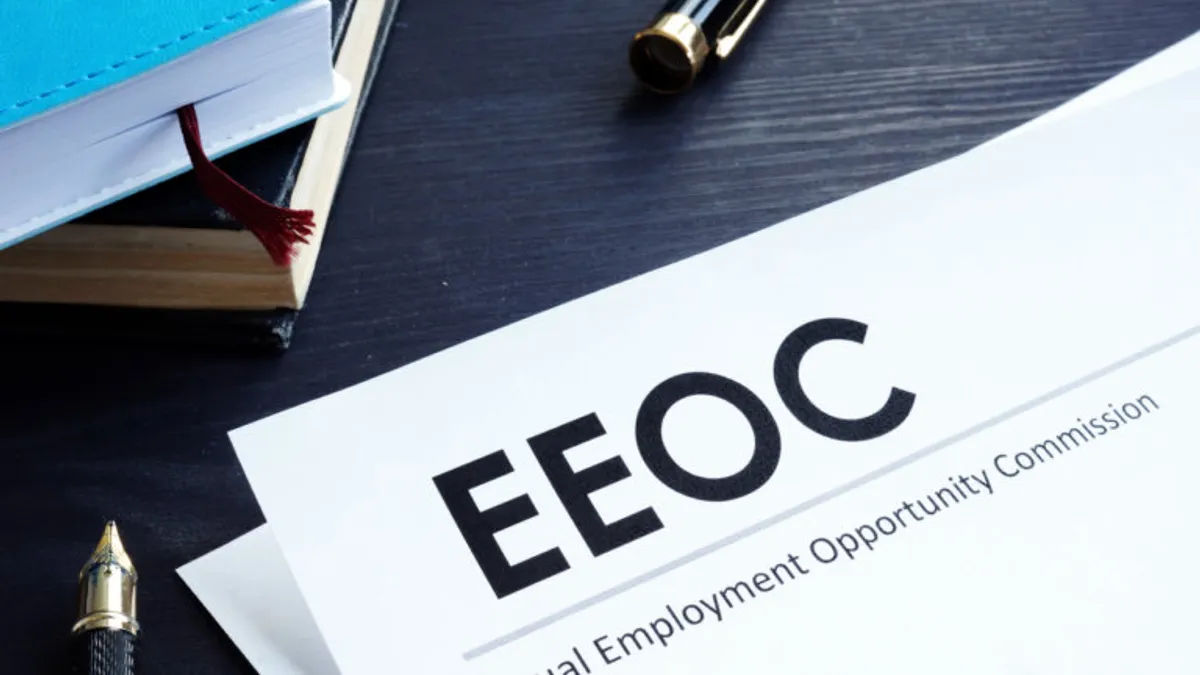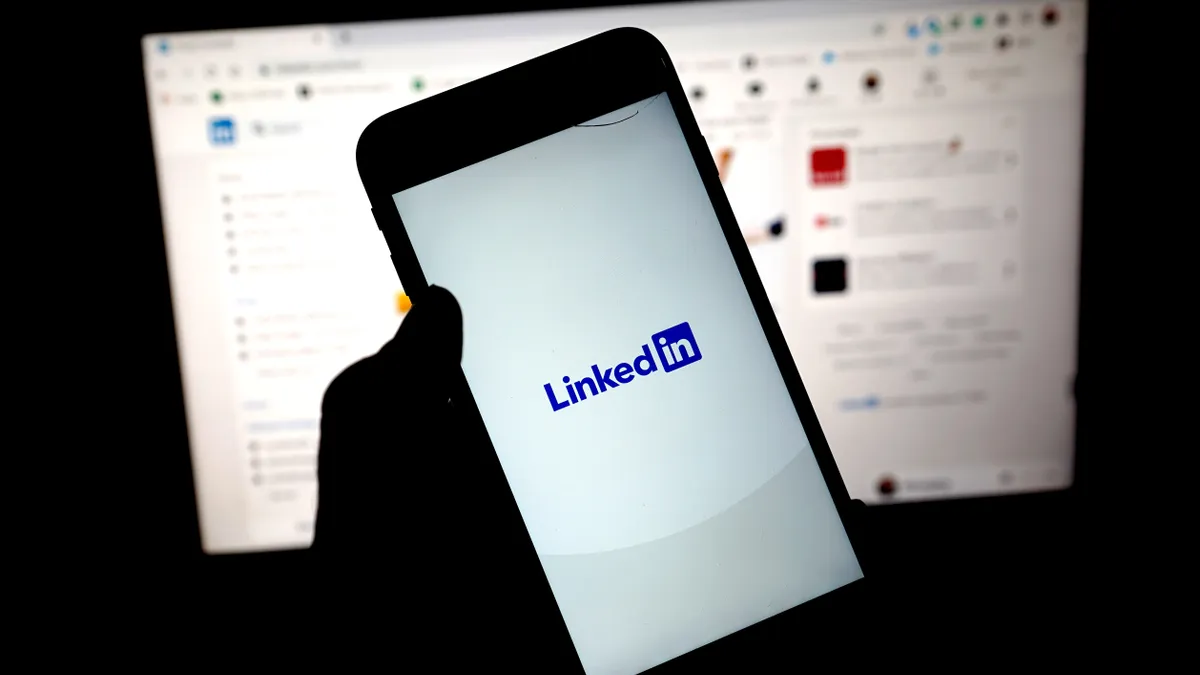Employees have enthusiastically embraced generative AI, with 91% of survey respondents saying they use it for work through internal or publicly available tools, according to Aug. 7 research from management consulting firm McKinsey & Co.
Organizations, meanwhile, lag behind in their use of the technology, McKinsey found. To capitalize on employee momentum, companies must take a holistic approach to transforming how they work with generative AI, researchers Charlotte Relyea, Dana Maor, Sandra Durth and Jan Bouly suggested in their analysis of the findings.
Employee mindsets and behaviors are key, the researchers said. To win them over and drive successful change, the researchers recommended that companies follow four tenets:
- Role modeling, where leaders visibly adopt generative AI in their work;
- Fostering understanding and conviction through internal communications;
- Building capabilities, which involves comprehensive training on skills such as data analysis, machine learning algorithms and understanding AI-generated outcomes; and
- Reinforcing new ways of working by integrating AI goals into performance metrics and evaluation processes.
Right now, employee use of generative AI is at an inflection point, the researchers stressed. Organizations must be ready for the next inflection point — moving from individual experimentation to strategically capturing the technology’s value, they said. Otherwise, employers risk missing out on generative AI’s potential benefits and will fall further behind, the researchers emphasized.
McKinsey acknowledged that due to the rapid automation of many work activities, organizations are under pressure “to understand their talent and skill needs quickly, adopt various strategies to close skills gaps and invest in upskilling and reskilling.”
However, to create value — which technology alone can’t do, the researchers told business leaders — companies must reimagine talent and skilling.
Many are “buying” talent externally rather than invest in existing employees to build from within, according to an April report from The Adecco Group.
The firm’s CEO doesn’t recommend this as a primary strategy. While that’s one approach, it shouldn’t be the only one, he said in statement.
McKinsey researchers are more pointed: “A gen AI-based talent transformation isn’t something companies can simply hire their way out of, as it affects the entire organization and its ways of working,” they stressed.
Also, in identifying who’s right for learning new skills to work with AI, companies shouldn’t focus on job candidates or employees solely based on technical know-how, a Verizon talent acquisition executive recently told HR Dive.
Rather, HR managers should look for behavioral elements, such as having the ability to learn and coachability, which companies can “adapt to using these new ways of working,” the exec advised.


